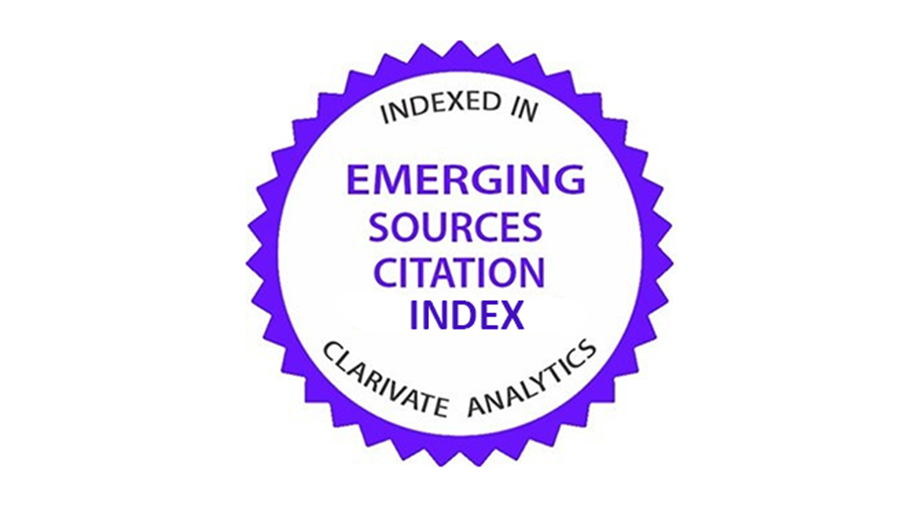Role of the environmental ethics in creating the bio-policies: genetically modified organisms
DOI:
https://doi.org/10.18270/rcb.v6i1.818Palabras clave:
Environmental, Environmental, Ethics, ethics, policies, policies, Biotechnology, biotechnology, Genetically modified organisms, genetically modified organismsResumen
When taking decisions on environment, being satisfied only with the science and technology without considering the ethical and philosophical problems will create more problems than it solves. The fundamental assumption in this study is that the environment policies should be determined by incorporating the views of as different stakeholders as possible and in political circles within an ethical framework. For example, by using biotechnology, it is possible to cultivate, reproduce and genetically modify the organs, tissue and cells of vegetables. Despite strongly opposed by environment organizations, anti-globalization groups, some academicians and politicians due to their negative effects on natural world, Genetically Modified Organisms are promoted by some agricultural producers and manufacturing companies as well as by some political groups. The importance of referring to the environmental ethics approaches in making the bio policies is understood when we consider that although claims focus on the idea that the reproduction of the genetically modified species will reduce famine in the world, heal diseases and ensure continuity in agriculture, the available data indicate that the main purpose is to control the sectors like seed, food and medical products.
Descargas
Descargas
Publicado
Cómo citar
Número
Sección
Licencia
Los autores que publican en esta revista están de acuerdo con los siguientes términos:
Los autores conservan los derechos de autor y garantizan a la revista el derecho de ser la primera publicación del trabajo al igual que licenciado bajo una Licencia Creative Commons Atribución – No Comercial 4.0 Internacional, que permite a otros compartir el trabajo con un reconocimiento de la autoría del trabajo y la publicación inicial en esta revista.
Las condiciones de la licencia pueden consultarse en este vínculo.
Los autores pueden establecer por separado acuerdos adicionales para la distribución no exclusiva de la versión de la obra publicada en la revista (por ejemplo, situarlo en un repositorio institucional o publicarlo en un libro), con un reconocimiento de su publicación inicial en esta revista.
Se permite y se anima a los autores a difundir sus trabajos electrónicamente (por ejemplo, en repositorios institucionales o en su propio sitio web) antes y durante el proceso de envío, ya que puede dar lugar a intercambios productivos, así como a una citación más temprana y mayor de los trabajos publicados (Véase The Effect of Open Access) (en inglés).













